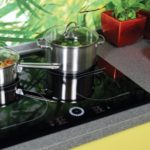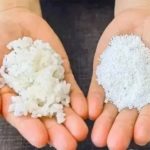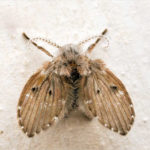The kitchen is the heart of the home, where delicious meals are crafted for loved ones. The aroma of hearty dishes wafting from the kitchen has the power to uplift anyone’s spirits after a long day. However, this cozy atmosphere relies on proper kitchen management. There are five potential hazards in the kitchen that you should absolutely avoid when cooking:
1. Pouring Water into a Flaming Pan of Oil
It’s a common mistake to douse a flaming pan of oil with water, but this can have disastrous consequences. The boiling point of water is 100°C, while oil boils at around 300°C. When water is introduced to hot oil, it sinks to the bottom and instantly vaporizes, causing the oil to splatter and mix with the air, creating a flammable mixture. This can lead to explosions and severe burns.
The correct way to handle a flaming pan of oil is to first turn off the heat source to prevent the fire from escalating. Then, carefully cover the pan from one side to deprive the fire of oxygen. Once the pan is covered, the fire will extinguish.
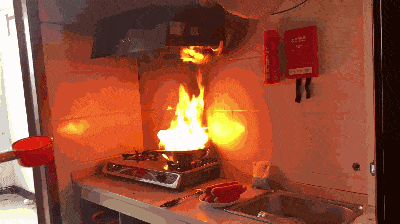
Illustration: Pouring water into a flaming pan of oil can cause a dangerous flare-up.
2. Spilling Flour Near a Gas Stove
Spilling flour near a gas stove while cooking can be hazardous. Fine flour particles can linger in the air and, when they reach a certain concentration, ignite instantly upon contact with a flame or spark. This can lead to a powerful “dust explosion,” especially in confined spaces. Keep large amounts of flour away from stoves and open flames when cooking.
3. Neglecting to Replace Old Gas Stoves
Some households use the same gas stove for over a decade, unaware of the potential dangers. All electrical appliances have a finite lifespan, and continuing to use outdated equipment poses significant safety risks. Gas stoves, in particular, should be replaced after eight years of use. Older stoves may have faulty electrical circuits, compromised auto-shutoff mechanisms, worn gaskets, and gas leaks, which can lead to fires and explosions.
Even if your old gas stove seems to be functioning adequately, it’s crucial to have it regularly inspected, maintained, and repaired. After its lifespan, it’s best to invest in a new stove to ensure your safety.
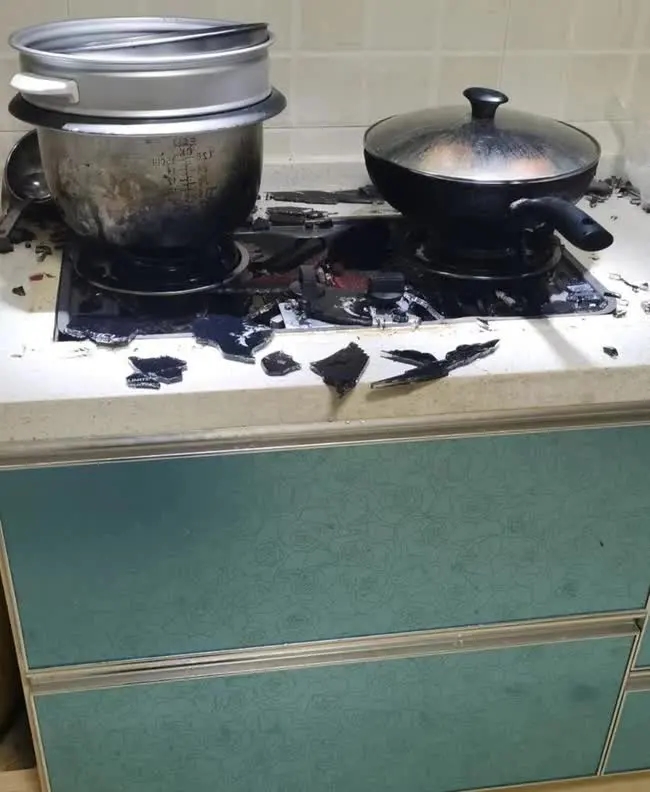
Illustration: Old gas stoves can pose safety hazards even if they seem to be working fine.
4. Spraying Insecticide While Cooking
The kitchen is often a haven for insects, and it can be tempting to reach for the insecticide when you spot a roach scurrying across the counter. However, many insecticides contain flammable components like alcohol, propane, and butane, which propel the liquid out of the can and into the air. This creates an explosive mixture that can result in burns and explosions.
5. Neglecting to Clean Your Range Hood
The range hood, or vent hood, above your stove needs regular cleaning, especially the filter. If you don’t clean it, grease and oil will build up, and when heated, this grease can melt and drip down, potentially landing on your stove or food. This creates a fire hazard, so make sure to include the range hood in your regular cleaning routine.
Source: Trí Thức Trẻ
4 Sure-Fire Methods to Get Rid of Sewer Flies in Your Bathroom for Good
Introducing the ultimate guide to getting rid of those pesky drain flies in your bathroom. Say goodbye to those annoying insects with these four effective methods. Learn how to eradicate them from your home and keep your bathroom fresh and pest-free. Discover the secrets to success and reclaim your space today!

























